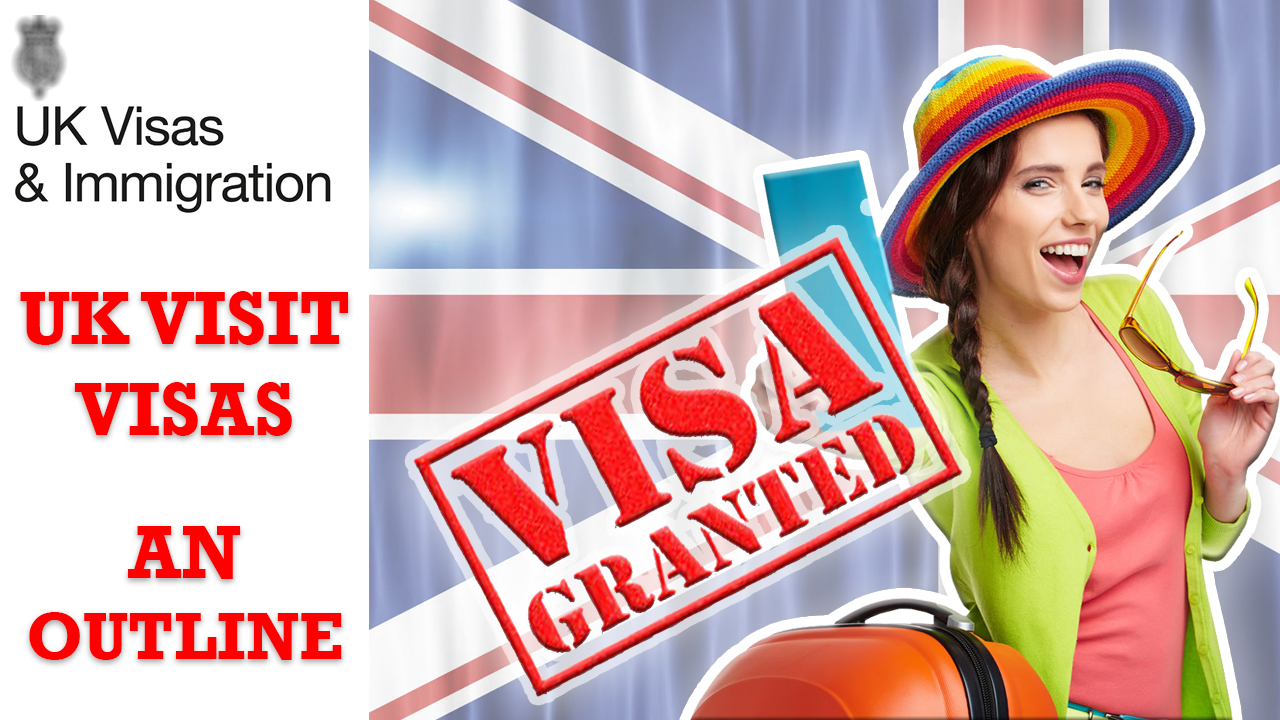UK Visit Visas: An Outline
Recently it has been reported by noticeable mediums (such as, The Independent, The Times, The Guardian the BBC and others) that the Home Office declined visit visas to a number of known international authors who planned to visit the UK for the Edinburg International Book festival. The same outcome was shared by many foreign artists and entertainers who could not appear in the annual Womad (World Of Music Arts And Dance) festival in Wiltshire.
As mentioned on the Home Office website, an application for a Standard Visitor visa can be submitted if the applicant desires to visit the UK for diverse purposes such as leisure, business, to take part in sports activities or to undergo a private medical treatment.
Appendix V of the Immigration Rules (“The Rules”) states that:
“A visitor is a person who is coming to the UK, usually for up to six months, for a temporary purpose, for example as a tourist, to visit friends or family or to carry out a business activity”
“Applications are decided based on the information provided by the applicant and any other relevant circumstances at the date of decision”.
Swiss nationals and EEA are not required to acquire a visit visa. At present they can come to the UK on a condition that they present their ID document at the border. Nationals of countries like the US, Canada and Israel can visit the UK and stay here for up to 6 months as long as the purpose of their visit is tourism.
Applicants wishing to travel to the UK may apply for a visit visa that allows multiple visits of up to 6 months at a time over a period of two, six and 10 years.
The documents required for UK visit visa applications depend on individual circumstances. However, it is mandatory to submit an original current passport (or travel document, where applicable).
In addition, applicants also must submit evidence ratifying travel dates and the place where they will be living, proof of earnings, along with evidence that they have enough funds to cover all reasonable expenses in relation to their visit with no work or gain access to public funds.
The Home Office Visit Guidance (“The Guidance”) (version 7.0, published on 11 January 2018) states that:
“Visitors can carry out multiple activities whilst in they are in the UK but the applicant should be able to clarify what their main aim for visiting the UK is at the visa application stage, on entry and for prolonging their stay”.
Consequently, the weight of proof lies with the applicant to deliver sufficient evidence and fulfil the Home Office decision-maker that they are legitimate visitors.
The Guidance also specifies that an application for a visit visa should be declined if the applicant does not present sufficient proof that they meet the requirements of the visitor regulations. The Guidance lists a number of grounds for doubting the applicant’s intentions to visit the UK, for example a lack of family and economic links with their country of residence, the political, economic and security circumstances in the applicant’s country of residence, the information that has been provided by the applicant, or that the motives stated by the applicant are not convincing.
If a visit visa application is denied there is no right of appeal apart from when the appeal is lodged on human rights grounds – where the applicant had applied to see their close family. This gives the applicant with restricted options to overcome the rejection, such as:
- judicial review, which can be an expensive remedy, and
- submission of a new visit visa application (re-apply), this time providing extensive documentary evidence to satisfy the Home Office decision-maker that the applicant is a genuine visitor and in particular, submitting additional documents to address the reasons behind the previous refusal.
However, it must be spotted that if the motive for the prior refusal involved a lengthy ban to come to the UK because of deception, it is not likely that re-application will be positive. In this case a legal encounter against the refusal will be mandatory instead.
It is identified that the Home Office often refuse visit visas. Hence, applicants applying for UK visit visas should present extensive accompanying documents evidencing the reason of their visit to the UK and their family, economic and community ties with their country of residence to convince the Home Office decision-maker that they aim to leave the UK before their leave elapses..


Leave a Reply